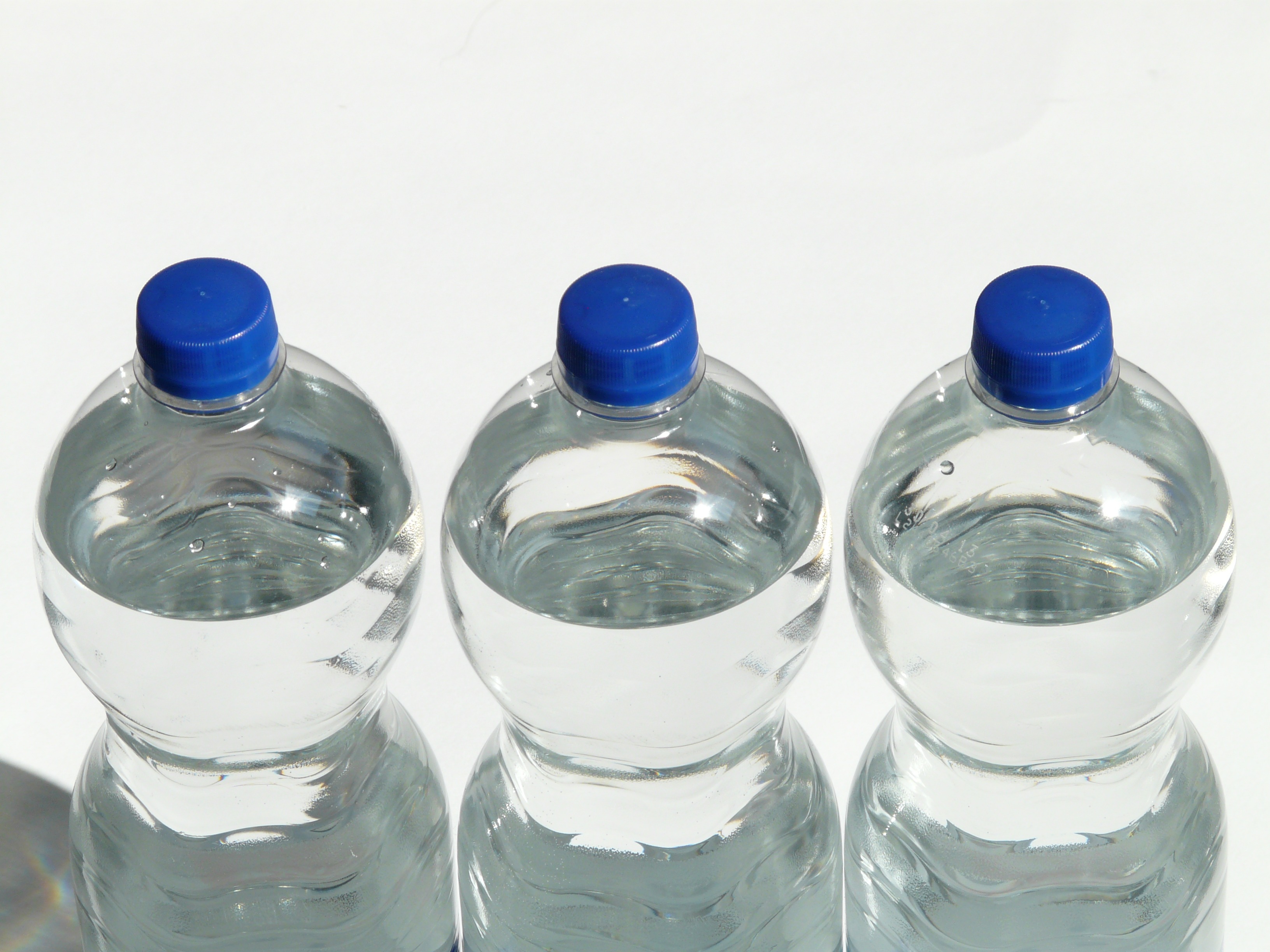Crete, the largest of the Greek islands, is a popular travel destination known for its beautiful beaches, rich history, and vibrant culture. While many visitors enjoy the sun, sea, and local cuisine, a common concern arises when it comes to drinking tap water in this Mediterranean paradise. Is it safe for consumption, or should travellers stick to bottled water?
Contrary to some beliefs, tap water in Crete is indeed safe to drink. The island’s water supply is carefully treated and monitored by the country’s Ministry of Health, ensuring it meets their rigorous safety standards. That being said, some people may find the taste or aesthetic of tap water in Crete less appealing than bottled water.
To ensure proper hydration during your stay, remember to refill your water bottles and stay informed about local tap water safety in different areas of Crete. Always prioritise your health, and enjoy a hassle-free holiday on this captivating island.
Drinking Tap Water in Crete

Water Quality
The tap water in Crete is safe to drink as it is treated and regularly monitored by the country’s Ministry of Health. The water is potable and generally considered to be of good quality. However, the taste of the water may be affected by the minerals and chemicals that are naturally present in it.
Recommendations for Tourists
While the tap water in Crete is safe to drink, tourists are advised to refill their water bottles whenever possible due to the hot climate, especially during the summer months. Adequate hydration is essential when spending time on the beach, hiking, or exploring Crete by bus or car. Despite the safety of the tap water, some travellers might prefer to purchase bottled water if they find the taste of the tap water unpleasant.
Chlorination and Water Treatment in Crete
Crete, a beautiful island in Greece, is known for its safe drinking tap water. The water treatment process, including chlorination, ensures that the water is not only potable but also meets the standards set by the country’s Ministry of Health. In this section, we will explore the chlorination process and its health implications for residents and visitors in Crete.
Chlorination Process
The chlorination process is a critical part of the water treatment process in Crete. This involves the addition of chlorine to the water supply, which effectively kills or neutralises harmful bacteria and other microorganisms that could cause illnesses. This way, the water remains safe for consumption and other everyday uses. However, chlorination can sometimes result in an unpleasant taste in the tap water, mostly due to the presence of chlorine and its by-products.
Health Implications
The incorporation of chlorine in Crete’s water treatment process is essential for public health, as it ensures that waterborne diseases are kept at bay. However, ingesting water with high chlorine levels may result in minor gastric discomfort for some individuals. It is important to note that the chlorination levels in Crete’s tap water are strictly monitored by the Ministry of Health to ensure they remain within safe limits.
While the tap water in Crete is generally safe to drink, visitors may prefer to consume bottled water if they are particularly sensitive to the taste of chlorinated water. It is also worth considering that the tap water in Crete contains certain minerals and chemicals which can affect its overall taste.
Bottled Water vs. Tap Water in Crete

Environmental Impact
Tap water in Crete has a lower environmental impact compared to bottled water. The production and transportation of bottled water consume more energy and generate pollution, including plastic waste. Though the tap water may vary in taste depending on the location, it is generally safe to drink in most areas of Crete.
On the other hand, the consumption of bottled water contributes to the growing problem of plastic waste. Choosing to drink tap water helps reduce the negative impact on the environment and promotes better waste management practices.
Cost Considerations
When it comes to cost considerations, tap water is cheaper than bottled water. Many people have access to tap water at home, making it a more affordable option. Additionally, tap water is also more reliable, as it is less likely to contain harmful chemicals or contaminants that might be present in bottled water.
Bottled water, while convenient for some, can add up in cost over time, especially for tourists seeking to stay hydrated during their visit to Crete. Opting for tap water in lieu of bottled water can result in considerable cost savings.
In summary, while tap water in Crete may vary in taste depending on the location, it is generally safe to drink and offers both environmental and cost benefits compared to bottled water.
Water Safety Tips for Travelers
How to Stay Hydrated Safely
While travelling to Crete, you can rest assured that tap water is safe to drink. The water is treated and potable, with continuous monitoring by the country’s Ministry of Health. However, it’s important to be aware that in some parts of the island, the tap water can have a distinct taste due to minerals and chemicals present.
To stay hydrated safely during your visit, follow these tips:
- Refill your water bottles: Make sure to refill your water bottles regularly, as the hot weather and outdoor activities such as exploring beaches, hiking trails, and travelling by bus or car can quickly lead to dehydration.
- Taste the water before committing: If you’re staying in Chania, the tap water is known to be of excellent quality. In other areas, taste the tap water first to see if it suits your liking. If you find the taste off-putting, opt for bottled water instead.
- Keep an eye on your hydration levels: Pay attention to how much water you are consuming throughout the day, and increase your intake if you’re engaged in physically demanding activities or spending a lot of time in the sun.
- Drink steadily throughout the day: Try not to drink large amounts of water in a short period of time, as this can lead to overhydration. Instead, aim to drink smaller amounts regularly throughout the day.
In summary, tap water in Crete is safe for consumption, but remember to stay hydrated and be mindful of the varying taste in different areas of the island.



